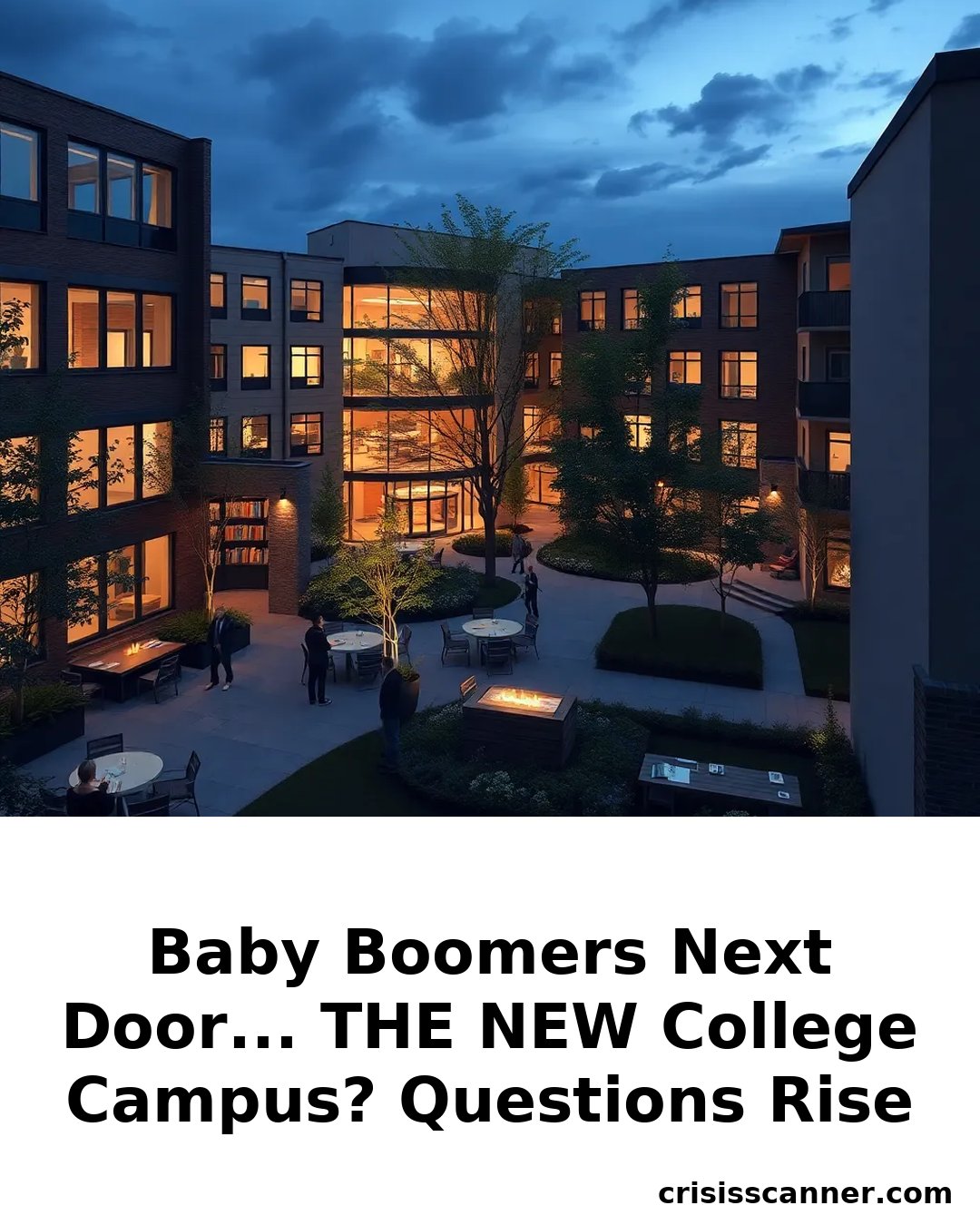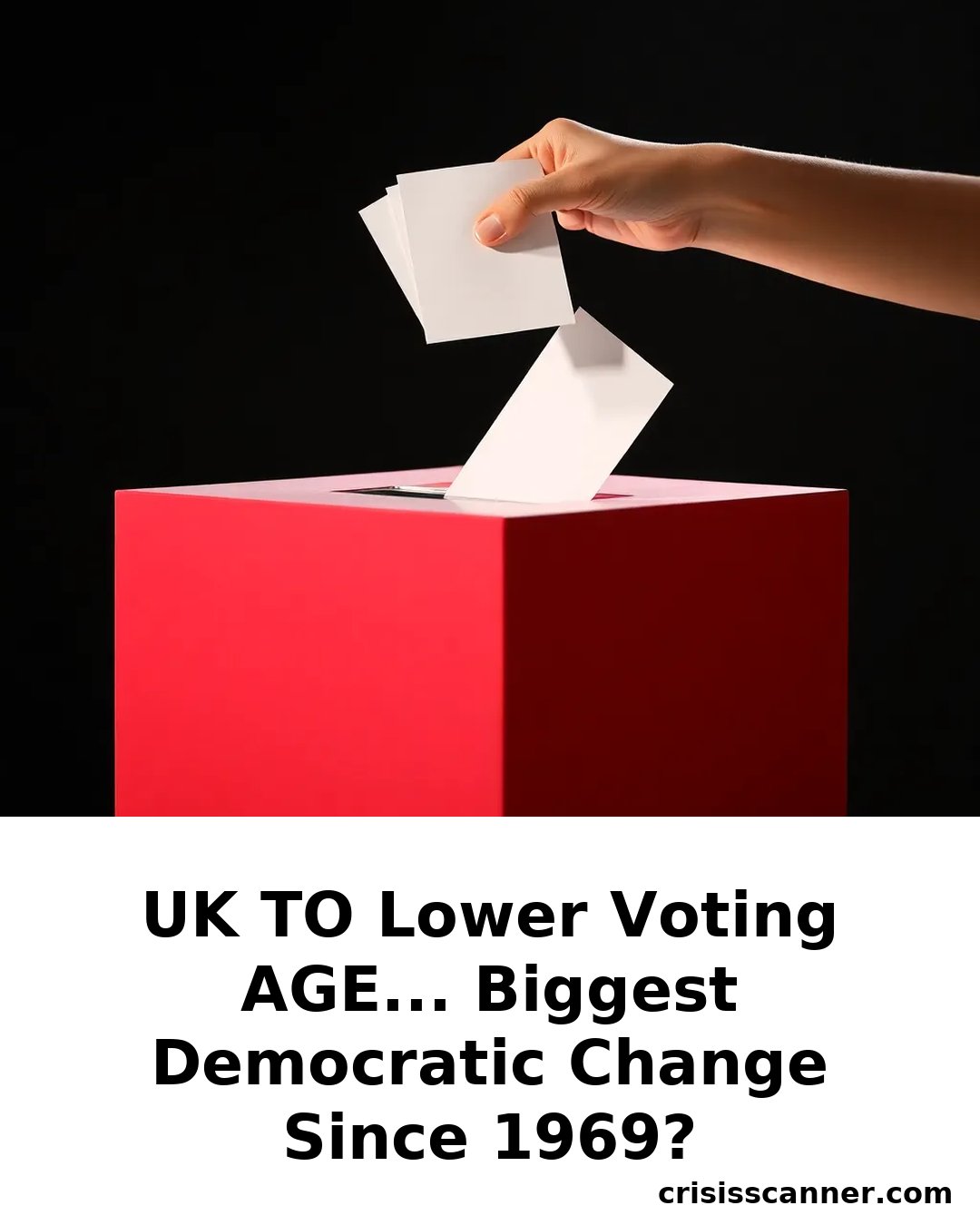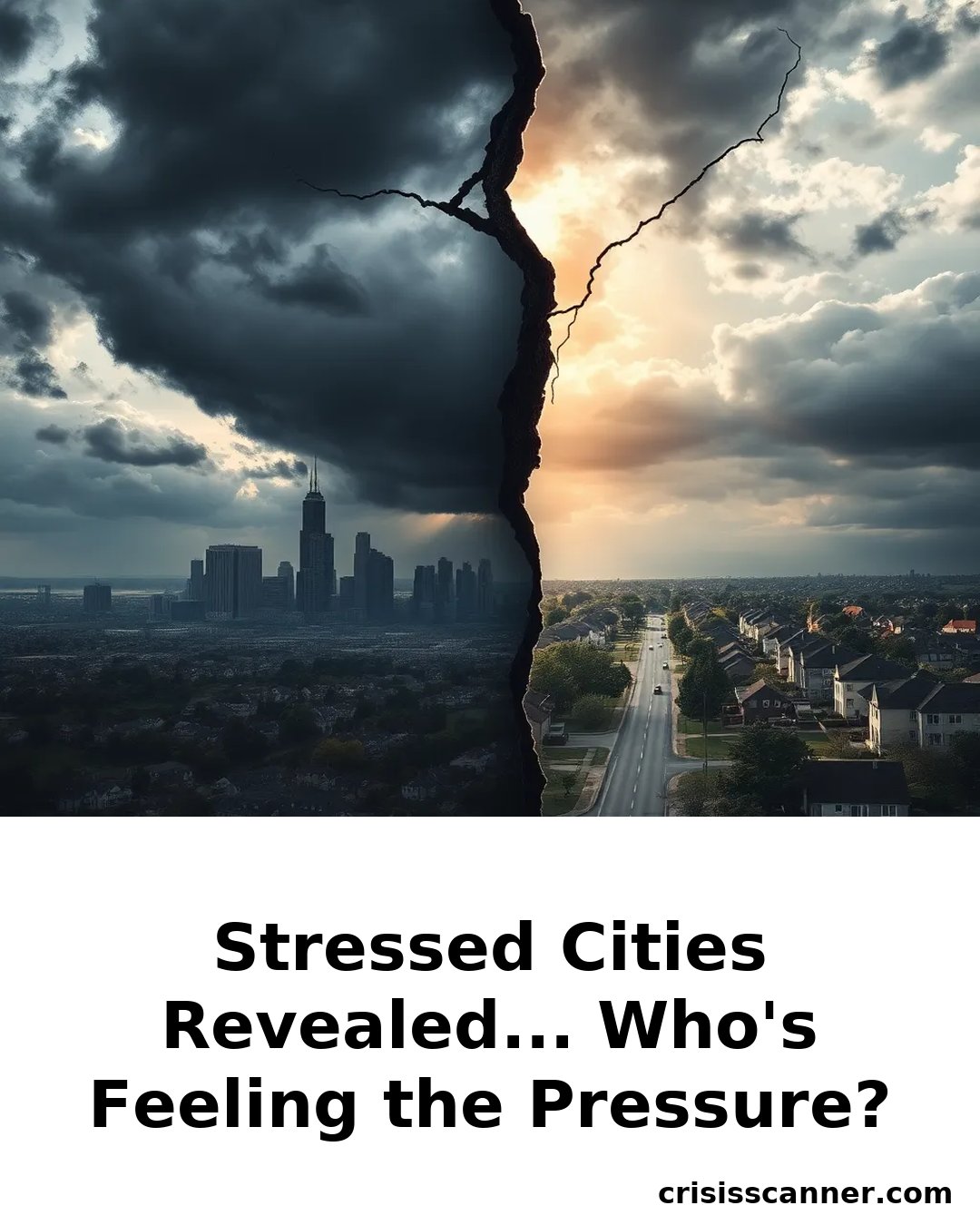The recent WalletHub analysis underscores a troubling trend: America's urban centers are increasingly burdened by stress, driven by economic hardship, crime, and healthcare deficits. Detroit's ranking as the most stressed city reflects ongoing industrial decline and public safety concerns, which have profound political implications, especially for policymakers seeking to restore economic vitality and social order. Conversely, cities like South Burlington, Vermont, exemplify the benefits of balanced community planning and economic stability, serving as benchmarks for conservative agendas emphasizing local resilience and safety.
The rising financial stress, exacerbated by surging food prices and stagnant incomes, reveals systemic vulnerabilities that could influence voter behavior, particularly among working-class Americans. As stress impacts family stability and community cohesion, political leaders are called to prioritize policies that bolster economic growth, reduce crime, and improve healthcare. The broader challenge remains: addressing the root causes of stress to restore American confidence and societal strength. Read the full story at the source.



























